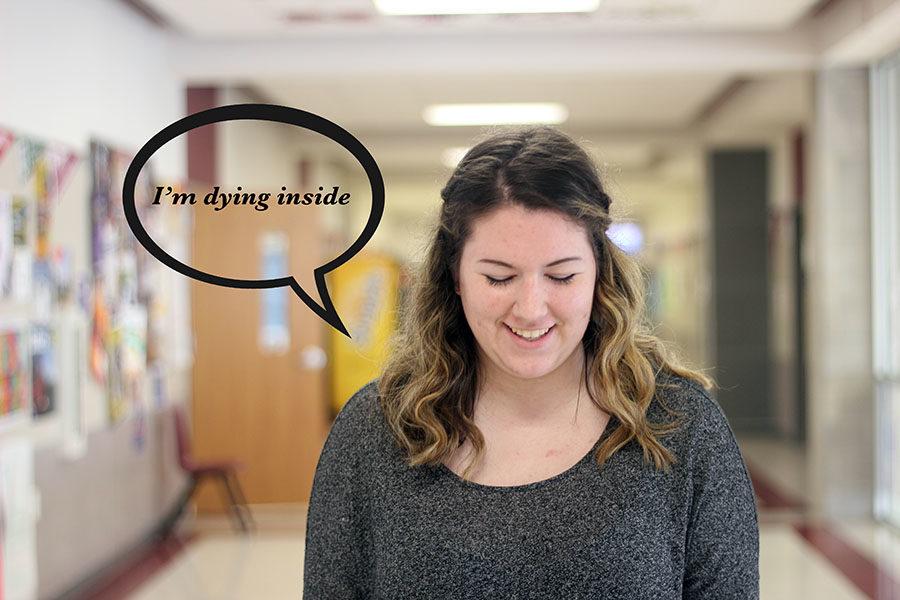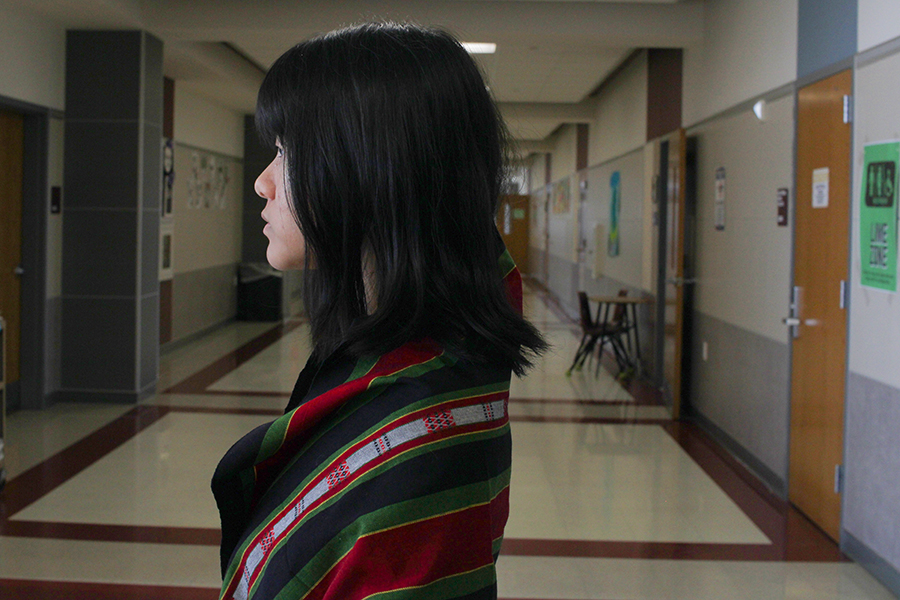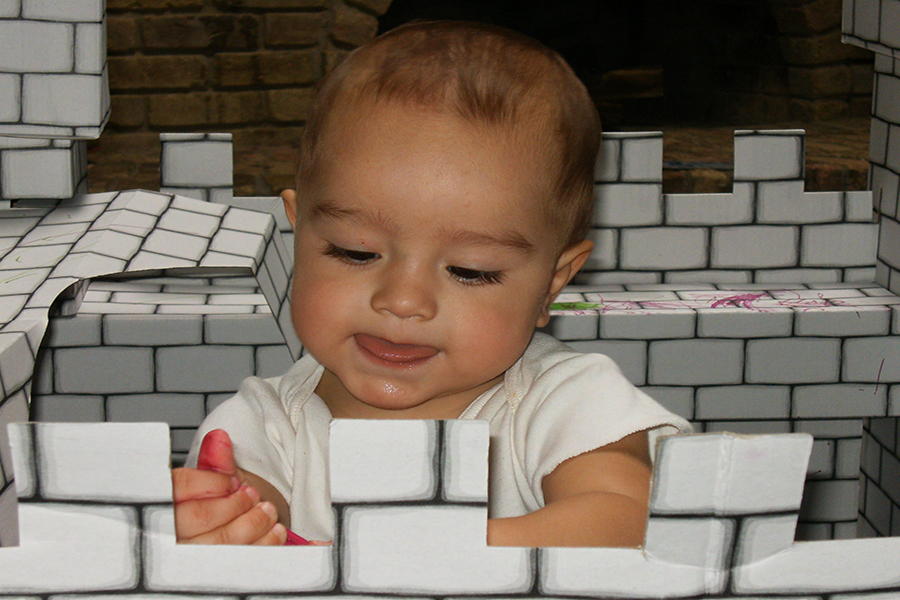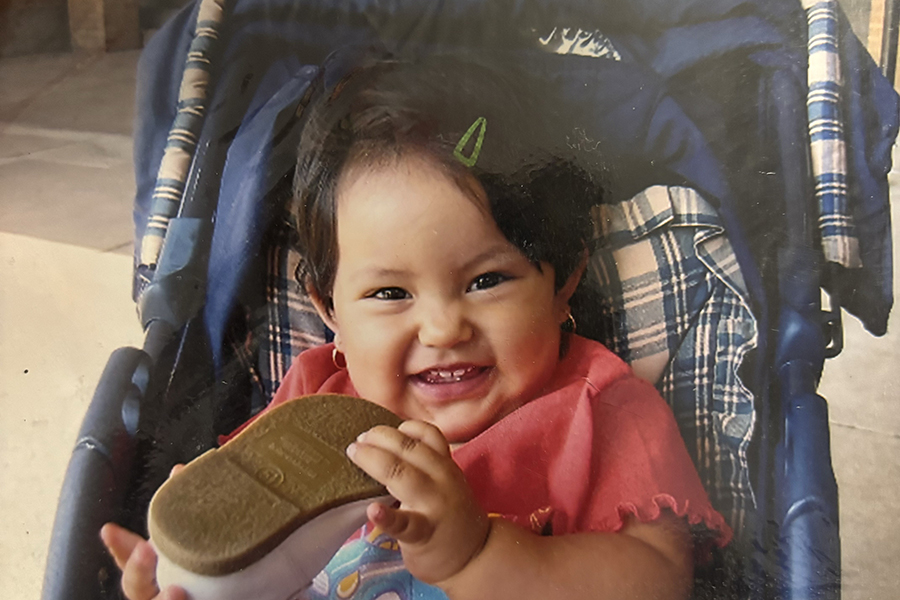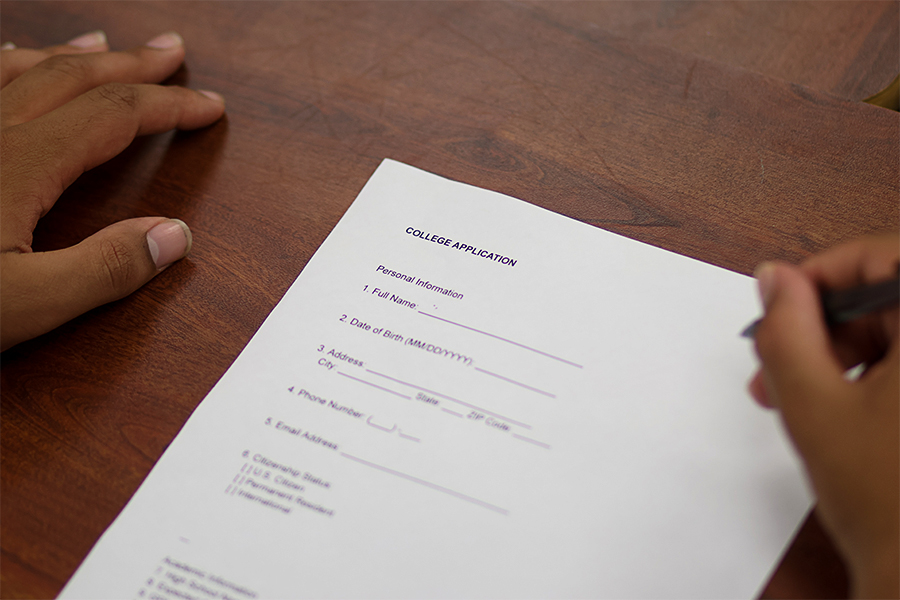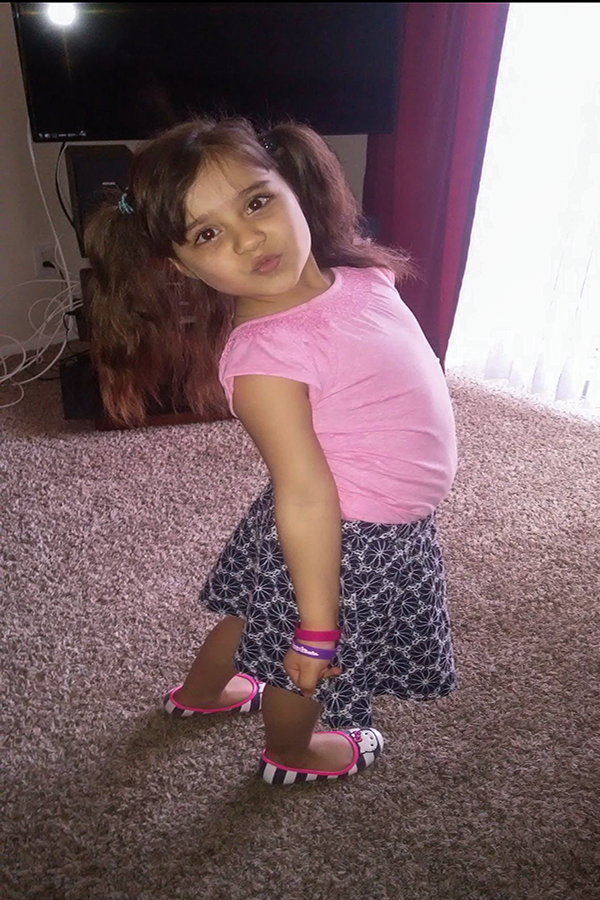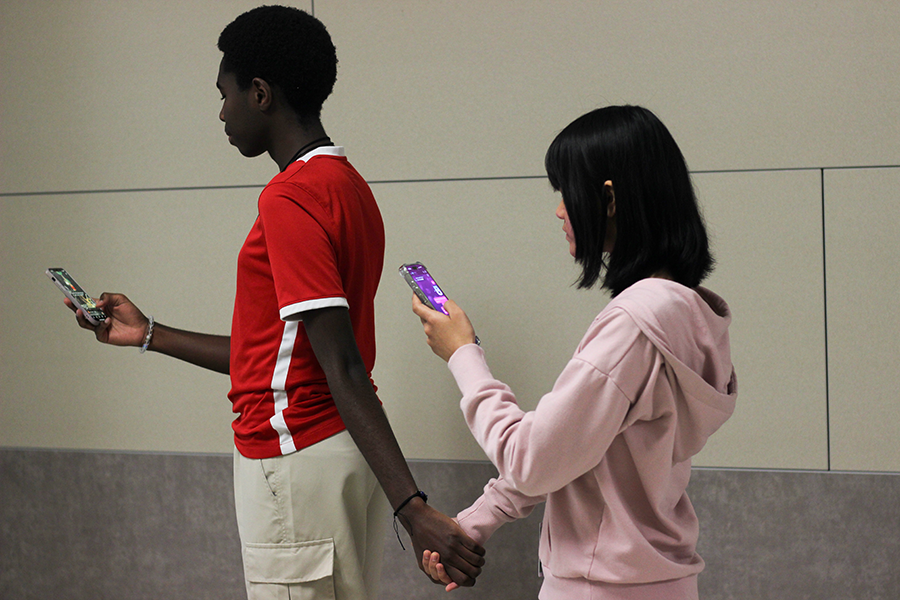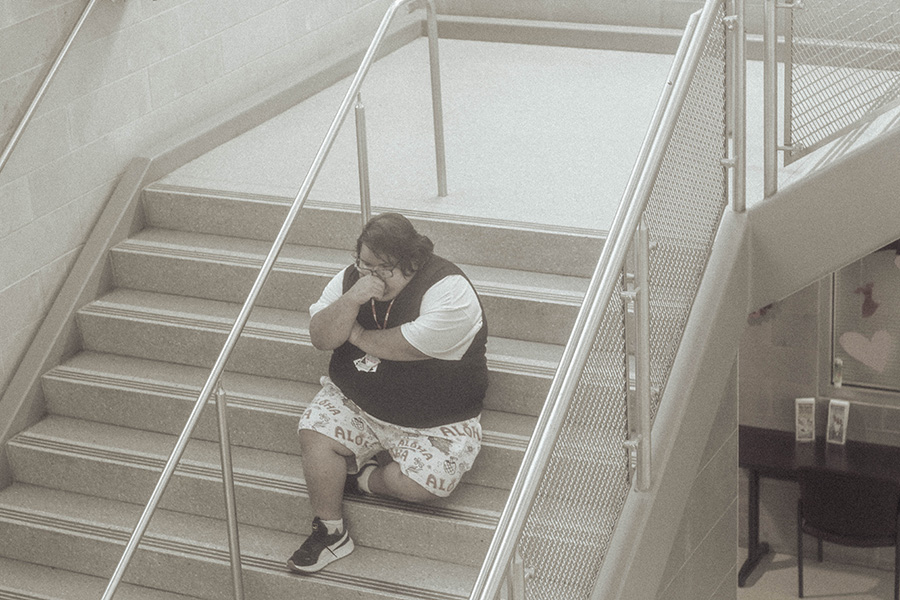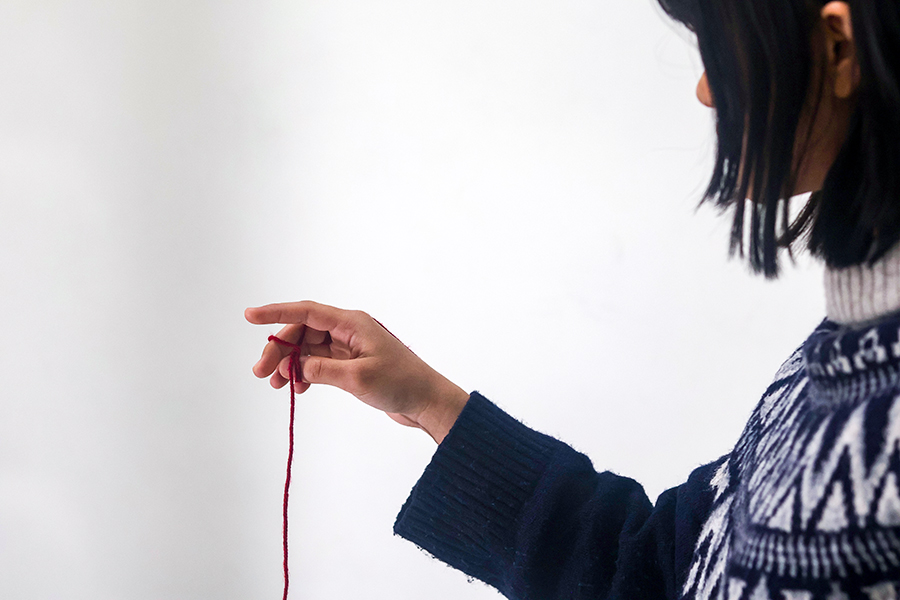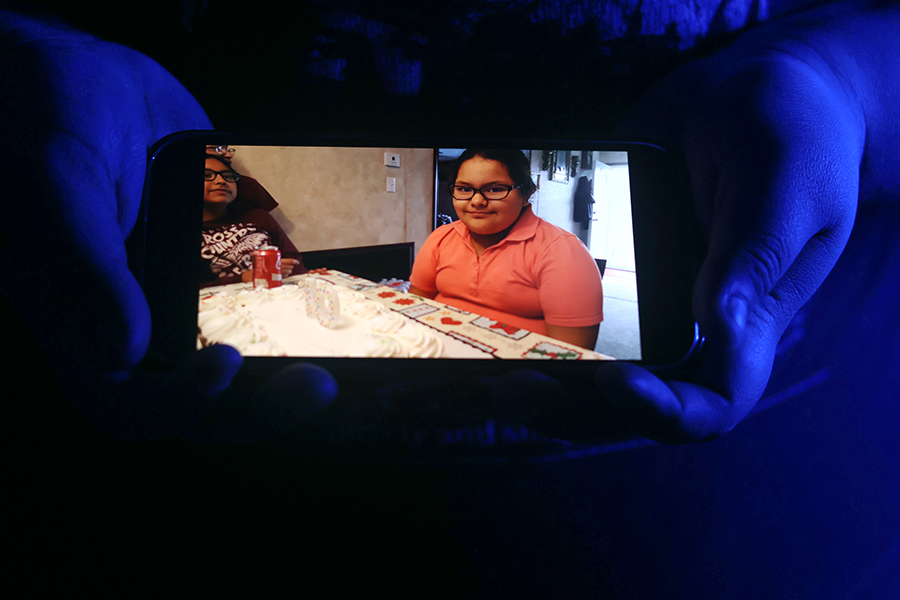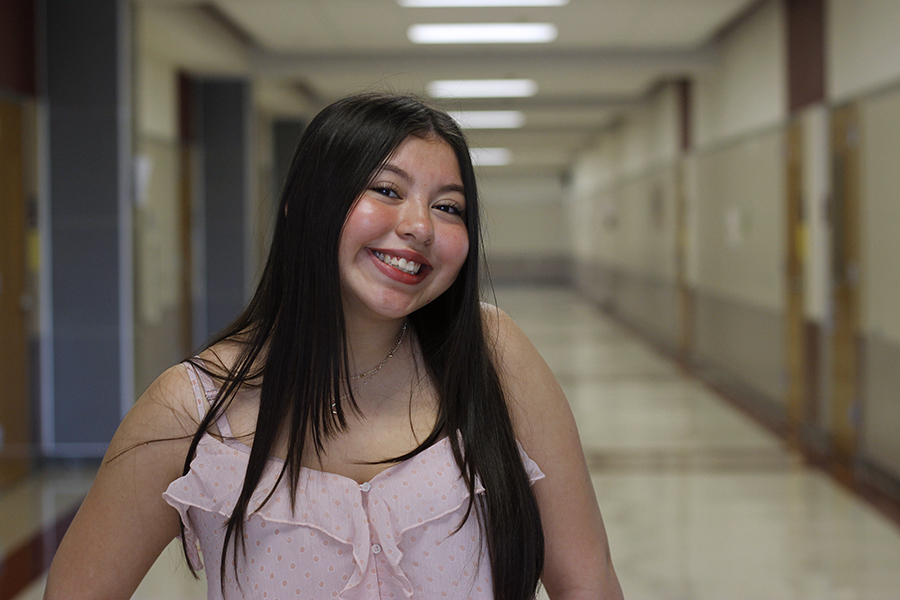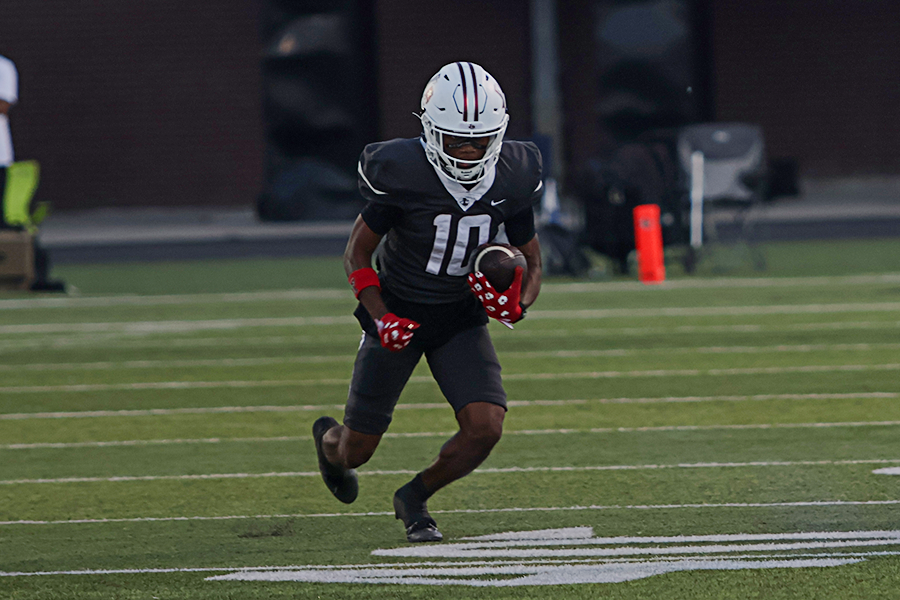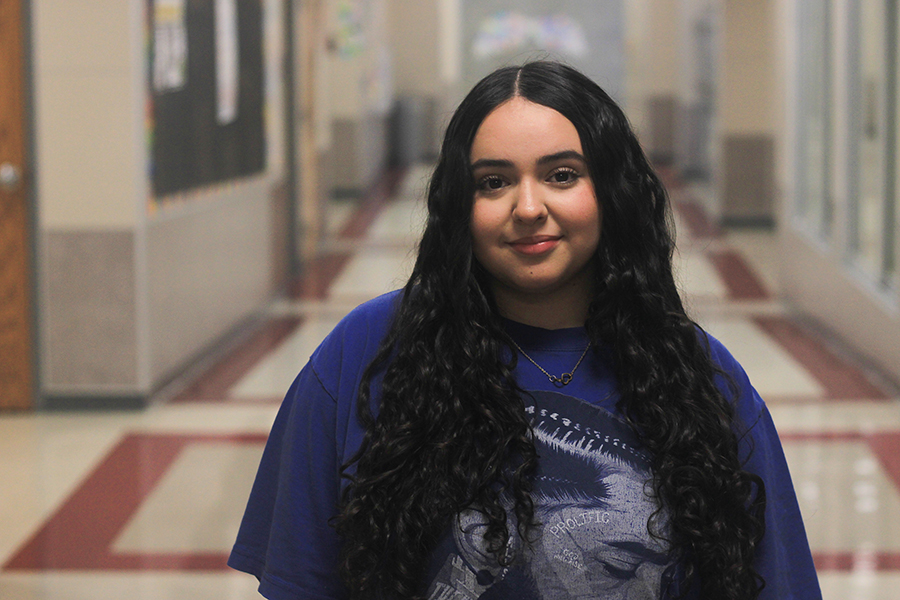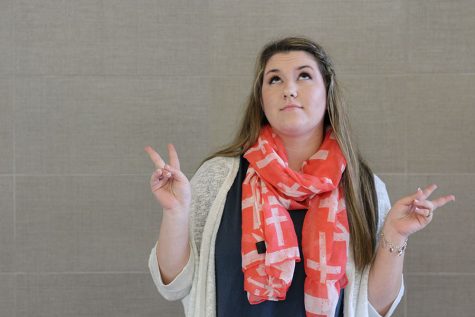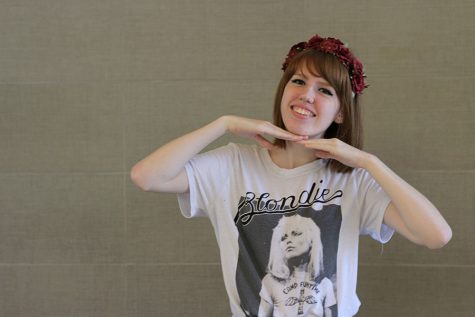My thumb swipes up on the screen of my phone, eyes quickly scanning down each tweet on my timeline before pausing on a picture at the bottom and drawing out a faint laugh. “What doesn’t kill me gives me unhealthy coping mechanisms and a twisted sense of humor.” I quickly click on the image, my index finger sliding up to press the two buttons to screenshot it. Tapping the home button and clicking on “messages,” I add the image and type out “me” in a text to a friend before hitting send and continuing my previous dive into the abyss of social media.
As someone who has been on every type of antidepressant currently on the market, jokes about mental health should anger me. Instead, I find comfort in them because the one thing I’ve learned throughout the past few years of dealing with mental health issues is that they’re easier to make into a joke than to take seriously.
Between saying “I hate myself” while laughing at a minimum of one meme about depression or anxiety on a daily basis, and my tendency to yell at people for making jokes about the mentally ill, I’m a walking contradiction. Just last week I lectured a boy in my class for making a joke about how someone should go kill themselves, and then I turned around and reblogged a post that said “A concept: depression, but every time someone tells you to be positive it gets faster.”
Being mentally ill is half coping, half suffering. Everyone I know who has some type of mental illness also has a list of coping mechanisms a mile long, ranging from self-care techniques and how to see their own worth, to various ways to avoid triggers and how to deal with the ones they can’t.
For some people, myself included, humor has been added to the list of ways to cope. I use it to deflect conversation because I’d rather make a joke when someone asks if I’m OK than tell them the truth. As I always say, if I don’t laugh about it I’ll end up crying.
I’m not saying it’s a good thing. I wish I could deal with my depression in public and talk about or even mention it outside of a punchline, but we don’t live in a society where it’s acceptable. People respond more positively to me answering “What’s wrong” with “Other than my crippling depression and lack of motivation to even breathe, not much, you?” followed by a laugh, than they do to a genuine answer.
Believe me, I see the hypocrisy in it. Those of us with mental illnesses yell at those who make jokes about triggers, then make a joke about our own triggers. However, there is a difference between someone calling people who get offended by something “triggered” as many on social media do, and me making a joke about having a trigger that causes me to hyperventilate and possibly pass out if I’m exposed to it.
The thing is, I get to make jokes about it because it’s happening to me. This is my way of dealing with my demons, the things that have kept me trapped inside a life I don’t want to live since middle school. I’m not necessarily proud of it, but for me and many others, the only way to prevent a mental breakdown on the daily is to crack a joke about the constant sense of panic and numbness pulsing through our bodies.
I’d rather make a joke about being the textbook definition of clinically depressed than deal with the fact that I meet every criteria for major depressive disorder in the Diagnostic and Statistical Manual of Mental Illnesses. It’s better to compare myself to a rare “catch them all” Pokemon of depression than to think about the implications behind being that depressed.
Until I live in a world where it’s socially acceptable to mention mental hospitals without people getting quiet and changing the subject, I will continue to make punchlines about being able to recite the official symptoms of anxiety faster than I can sing “Happy Birthday.”

